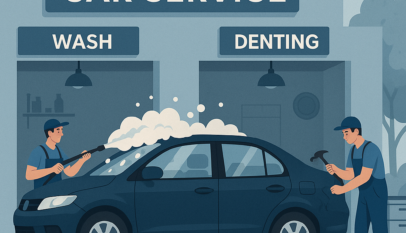
Reverse mortgages in British Columbia have gained attention as a viable financial option for seniors looking to access their home equity. They allow homeowners aged 55 and older to convert a portion of their home’s value into cash without the need to sell their property. This flexibility can provide essential funds for retirement, healthcare, or other needs.
In a province where property values have increased significantly, reverse mortgages provide an opportunity for seniors to enjoy their wealth without the pressure of monthly repayments. The mortgage is repaid only when the homeowner sells the house, moves out, or passes away, which can offer peace of mind for many.
Educating oneself about reverse mortgages is crucial, as it can be a significant financial decision. Understanding the terms, implications, and benefits ensures seniors can make informed choices that align with their financial goals.
Understanding Reverse Mortgages in BC
Reverse mortgages BC offer a financial solution for older homeowners in British Columbia. They enable seniors to access the equity in their homes without the need to sell or move. Key aspects include eligibility requirements and the potential advantages and disadvantages.
Eligibility Criteria
To qualify for a reverse mortgage in BC, applicants must typically be at least 55 years old. The property should be their primary residence, such as a single-family home, townhouse, or condo. Mortgage lenders assess the home’s value to determine the amount available for borrowing.
Applicants should also have sufficient equity in their home, often at least 50%. Lenders may review the applicant’s financial situation to ensure they can cover ongoing expenses, such as property taxes and maintenance. Additionally, they usually require that homeowners remain current on their existing mortgage, if applicable.
Pros and Cons
Reverse mortgages carry distinct advantages and disadvantages. A key benefit is the ability to access funds without monthly repayments. This can assist with living expenses, healthcare, or travel.
On the downside, the amount owed increases over time due to interest accruing on the borrowed funds. This can reduce the homeowner’s equity and potentially affect their estate. Additionally, if the homeowner does not maintain the property or pay property taxes, the lender may take action to recover the loan. Understanding these factors is essential for making informed decisions.
Navigating Legal and Financial Considerations
Understanding the financial and legal aspects of reverse mortgages is crucial. Key components include interest rates, fees, and the repayment structure. Each element greatly affects the overall cost and long-term implications for homeowners.
Interest Rates and Fees
Interest rates for reverse mortgages can be fixed or variable. Fixed rates provide stability, while variable rates may fluctuate, potentially leading to higher costs over time.
Common Fees Include:
- Origination Fees: Charged by lenders for processing the loan.
- Closing Costs: Various costs associated with finalizing the mortgage.
- Mortgage Insurance Premiums: Protects the lender and may increase the loan balance.
These fees can impact the total amount received. Borrowers should compare rates and understand all associated costs before making a decision.
Repayment Terms and Conditions
Repayment of a reverse mortgage is not required until specific conditions are met. Typically, this includes the homeowner’s sale of the property, relocation, or their passing.
The amount owed includes:
- Principal Loan Amount
- Accrued Interest
- Fees and Insurance
Homeowners should be aware that the loan balance may increase over time. This increase can affect heirs or successors who inherit the property and must repay the loan to retain ownership. Understanding these terms is essential for future financial planning.
Recycling Drop Off Near Me: Your Guide to Local Eco-Friendly Solutions
Finding a nearby recycling dropoff location can be a crucial step in contributing to envir…










